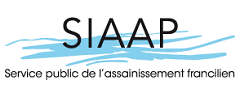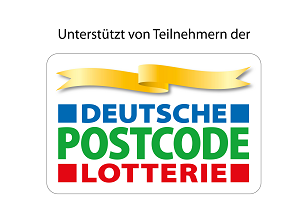Ministers worried about hazardous chemicals cocktails, but postpone action
Environment, health, women’s and consumer organizations welcome ministers' recognition but warn that urgent measures are needed
22.12.2009 |Joint NGO Press Release

Environment, health, women’s and consumer organizations welcome the ministers’ recognition of the risks of the so-called ‘cocktail effects’, but warn that what is really needed are urgent measures to reduce exposure to hazardous chemicals from various sources and their substitution with safer alternatives.
Recent studies show that chemicals with hormone disrupting properties are suspected of playing a role in birth defects, the increasing rates of testicular cancer and the decline in sperm counts - with 1 in 5 young men in several EU countries now estimated to have impaired fertility. 1 Additional research shows mounting concerns that exposure to hormone disrupting chemicals may also be linked to increase in breast cancer2. Examples of such chemicals include some phthalates, softeners used in PVC plastic products such as flooring and shoes, and bisphenol-A, widely used to make hard clear plastic such as babies bottles, tin can linings and DVDs.
In spite of their worries, EU ministers have merely invited the European Commission to provide a report analyzing the gaps in existing EU legislation and proposing appropriate modifications. The deadline for this European Commission report was postponed until 2012, meaning it will be years before much-needed amendments to legislation will be discussed. NGOs are urging the European Commission to prepare concrete amendments to deal with the combination effects of chemicals in existing EU legislation, in particular REACH3, in order to protect the health of Europe’s citizens and environment.
They also call on companies and EU Member States to enhance the substitution with safer alternatives and adopt reduction measures to reduce exposures to hormone disrupting chemicals.
Related News
Human Biomonitoring for Europe
Vienna, 26 September: stakeholder forum
28.09.2018
WECF sends letter to Dutch Secretary of State concerning EU policy on EDCs
In a joint statement WECF and the EDC Free Coalition ask Dutch State Secretary Dijksma to insist on major changes at the Environmental Council meeting to protect our health and environment.
21.06.2016
Commission's EDC criteria proposal: More humans will have to be harmed before action is taken
The European Commission presented today its proposal for criteria to identify endocrine disrupting chemicals (EDCs). WECF and the EDCfree Coalition condemn strongly the decision.
15.06.2016
WECF film "How to protect children from EDCs" now available in Spanish
Pregnant women know it is important to avoid alcohol, nicotine and certain foods. However, what is less well known is that many everyday products contain pollutants that can also be harmful to your baby. WECF's film gives practical advice on how to avoid exposure to EDCs. It now also available in Spanish.
13.06.2016




































